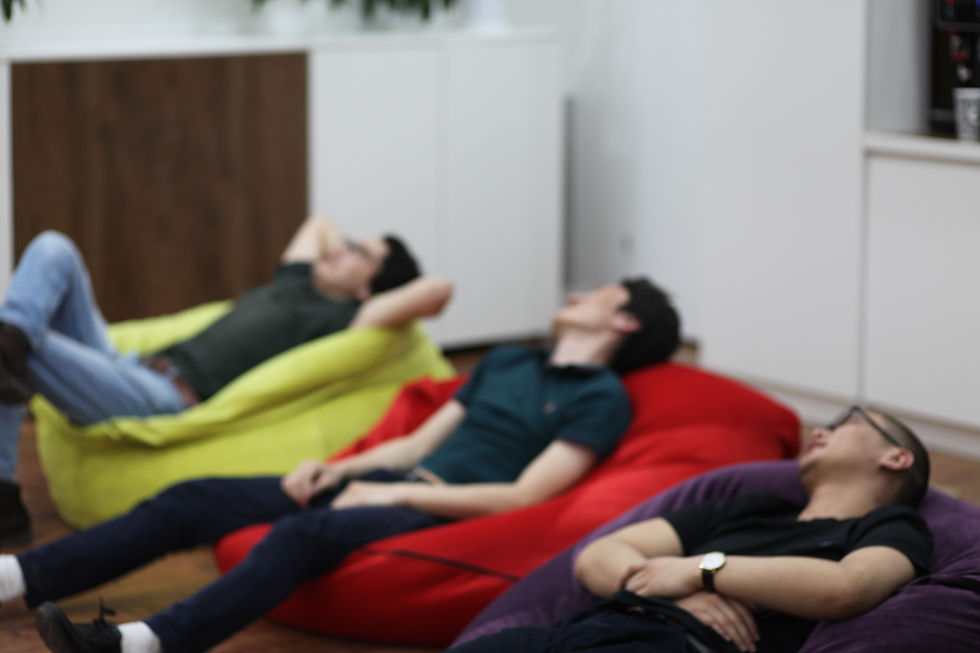Exercise + sleep = cognitive performance (the story of physical exercise and dementia)
- Jun 2, 2025
- 2 min read
Updated: Jul 11, 2025

I got a note from the doc last week after a blood test I’d done following a bout of cellulitis contracted from swimming in contaminated waters. Not wasting words, he said I was very low on B12 – iron in so many words -- and would need three-monthly shots for the rest of my life.
That made me sit up – I’d never worried about B12.
Next day I got my first B12 shot from a nurse who was a treasure trove of information about the importance of iron in among other things reducing the risk of dementia.
It turns out though that exercise is also valuable in maintaining what is increasingly known as cognitive performance, provided we get appropriate rest. In mid-2023 an article in The Times, citing research by the University College of London, explained: “Exercise may stave off dementia, but only in combination with sufficient sleep. And sufficient sleep is at least six hours a night for the over fifties and sixties even if they do a lot of exercise. “And those who got between six and eight hours sleep fared better on tests of cognitive performance, as did the most physically active participants.”
As co-author Professor Andrew Steptoe said: “The World Health Organisation already identifies physical activity as a way to maintain cognitive function, but interventions should also consider sleep habits to maximise long-term benefits for cognitive health.”
It gets even more interesting for those over 70, which includes me. Apparently, even if you don’t sleep your eight hours, exercise is still beneficial. “For those aged over 70, the benefits of exercise continued even without sleep,” concludes the study. Incidentally, an average six hours classifies people as “short” sleepers, six to eight hours makes them “optimal” while more than eight is “long.” And that’s certainly me. Here's an arresting fact – the “short” but active sleepers suffered more rapid rates of cognitive decline than the “optimals” and the “longs”.
The researchers’ conclusion: “The scores [of short sleepers] at ten years were commensurate with those who reported low physical activity, regardless of sleep duration”.
And for the final word lead author Dr Mikaela Bloomberg warns: “Our study suggests that getting sufficient sleep may be required for us to get the full cognitive benefits of physical activity. It shows how important it is to consider sleep and physical activity together when thinking about cognitive health.” So there may be a role between physical exercise and dementia (albeit through aiding restful sleep.)
Although the UCL study is about cognitive rather than physical health, the importance of sleep in high-training athletes has long been recognised.
Famously, Kenyan runners spend their training camps doing just three things – training, eating and sleeping.




Comments